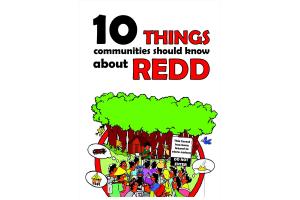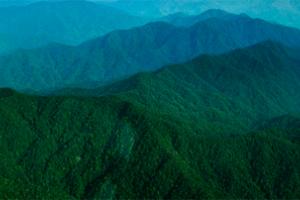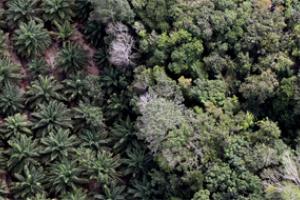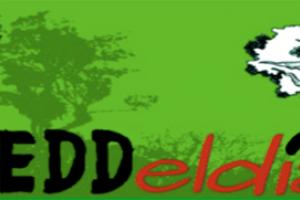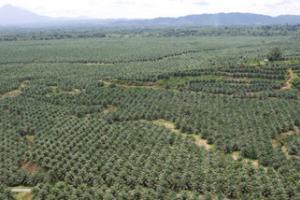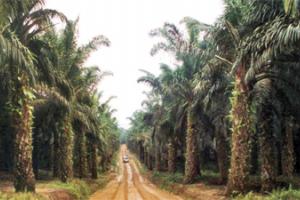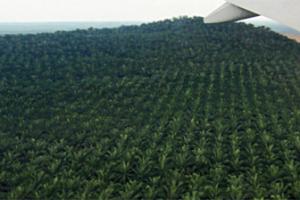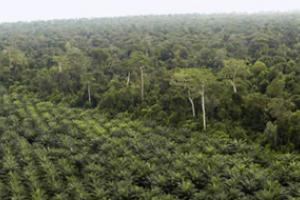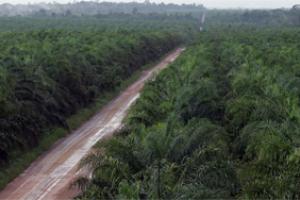By the World Rainforest Movement. This booklet produced by WRM was published over a year ago. It is being re-launched with a new introduction which explains in an accessible language what REDD means. Download it here
The Green Economy
The Green Economy is a tactic used to “clean up” the image of corporations rather than address corporate capture and capitalism as the true drivers of deforestation. False solutions promoted under the Green Economy include certification, sustainable forest management, ecosystem services, REDD+, the bioeconomy, nature-based climate solutions, and zero net deforestation. Rather than stopping it, these “solutions” support corporate-driven destruction that is causing a deep social and ecological crisis.
Other information
4 August 2014
Other information
4 July 2014
FSC Watch .
In July 2010, Suzano Pulp and Paper bought the biotechnology company FuturaGene, which for the past 8 years has been carrying out field trials of genetically engineered eucalyptus. In January 2014, FuturaGene applied to Brazil’s National Technical Biosafety Commission (CTNBio) for approval to plant GE trees on a commercial scale. Suzano is FSC-certified and plans to plant GE trees on a commercial scale.
Other information
10 June 2014
A case study of the "Fair Forest Carbon compensation" project of French company Pur Projet, in the region of San Martin, Peru, which aims to generate carbon credits destined, initially, for the voluntary carbon market.
Bulletin articles
7 May 2014
Industrial oil palm plantations have been expanding in many countries in the global South, increasingly in Africa and Latin America, invading territories of rural populations, indigenous peoples and traditional communities in order to produce palm oil for export or agrofuel for foreign markets.
Other information
7 May 2014
In the ejido (communal landholding) of Pichucalco, Montes Azules Biosphere, in the Lacandon Rainforest, delegates from the Montes Azules REDDeldía (“REDDellion”) Movement gathered from April 8 to 10 to discuss the issue of the inclusion of biodiversity and the traditional knowledge of indigenous peoples in the draft multinational free trade agreement known as the Trans-Pacific Partnership (TPP).
The movement established three objectives:
Bulletin articles
7 May 2014
Bulletin articles
7 May 2014
Bulletin articles
7 May 2014
Liberia – RSPO’s inability to address root causes of the conflict related to Sime Darby’s operations
Bulletin articles
7 May 2014
